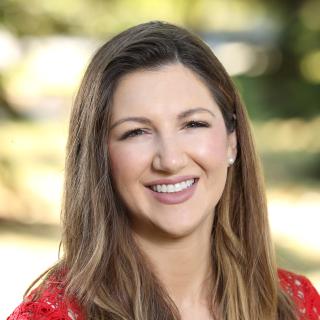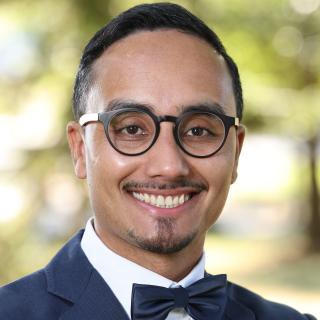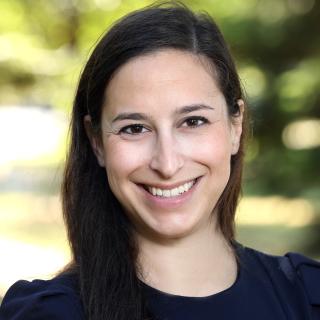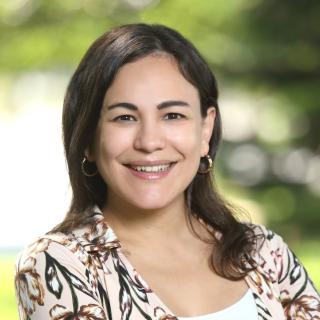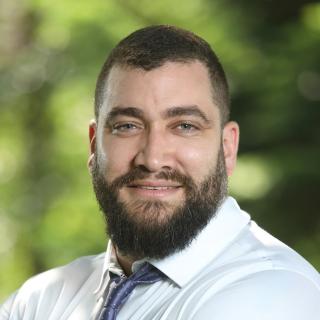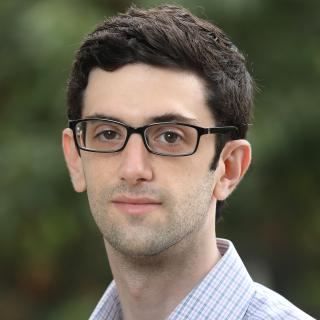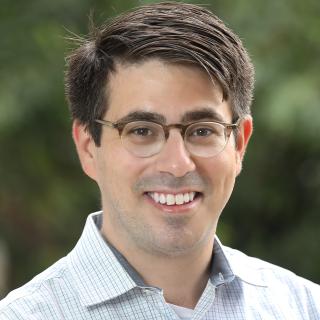Physicians who have completed their residency in internal medicine can apply to the program yearly, starting on June 5.
NIH Hematology Oncology Fellowship
Training the next generation of clinicians and physician-scientists
NIH Hematology Oncology Fellowship
About
Mission
The mission of the National Institutes of Health (NIH) Hematology Oncology Fellowship is to use the unique clinical and basic research resources of the NIH to advance the diagnosis, treatment, and prevention of hematologic and oncologic diseases by developing and training the next generation of clinicians and physician scientists. This program is jointly sponsored by the National Cancer Institute and National Heart, Lung, and Blood Institute.
View a version of this video with extended audio descriptions.
Top 10 Reasons to Do A Hematology Oncology Fellowship at NIH
- Unparalleled opportunity to work alongside and be mentored by top scientists and clinicians conducting cutting-edge research across the scientific spectrum, including basic science, cancer prevention, drug development, and clinical trials.
- Opportunity to train at world’s largest hospital dedicated to clinical research, alongside co-fellows from a broad range of backgrounds and experiences, with medical training completed all over the world, and with diverse career goals and interests. Training includes exceptional clinical rotations, dedicated time for didactics - every Friday! - quality improvement initiatives, and TRULY protected time for research.
- Mentorship starting day 1 from program leadership and faculty who are dedicated to the NIH mission to attract “the most brilliant and promising clinical fellows from the United States and abroad.” Passion, but not experience, required! Despite being a large program, the program is close-knit and hands-on, with program leadership focused on fostering each fellow's professional growth, wellness, and work-life balance.
- Integration of clinical rotations at top area hospitals, including Georgetown, Johns Hopkins University and University of Maryland, to broaden fellows’ clinical training and exposure to standard of care and various academic institutions.
- Outstanding compensation, including salary, federal benefits, and the ability to moonlight.
- Non-competitive student loan repayment program for eligible fellows.
- Multiple opportunities for tailoring training towards personal interest by utilizing unique partnerships and tracks. Formal partnerships with government regulatory agencies, including FDA and CTEP enable opportunities to train at the FDA during your research years through the NCI-FDA Interagency Oncology Task Force NCI-FDA IOTF. Ability to earn an MPH through the Cancer Prevention Fellowship Program track. Ability to earn dual training in Hematology and Transfusion Medicine, with unparalleled opportunity to train within the NIH's own Blood Bank.
- Exceptional resources to support scholarly activity and research endeavors, including travel to national meetings, workshops, fellows' forums, grant writing resources, the Foundation for the Advanced Education in the Sciences FAES - the NIH "University", etc.
- Numerous social events - including research, career development and team-building retreats - outdoor activities, and cultural amenities in the beautiful Washington, D.C. area.
- Above all, the honor of caring for amazing, diverse patients from all over the U.S. and the world who come to the NIH hoping for a chance at therapies that might help themselves and others.
History
The storied history of medical hematology and oncology fellows at the National Institutes of Health (NIH) dates back more than 80 years. Read more...
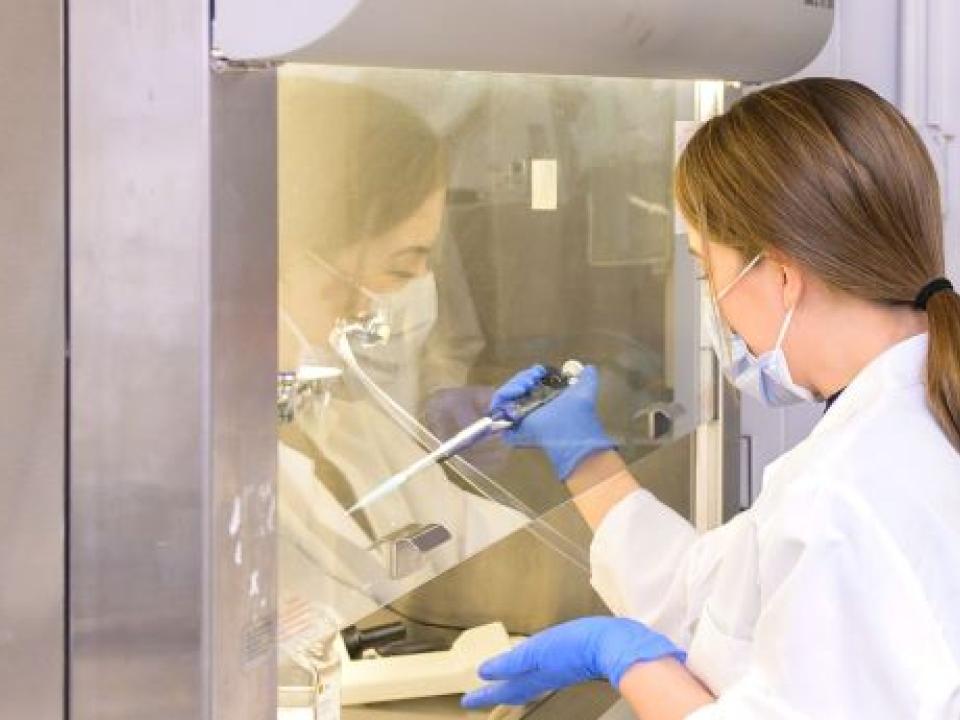
How to Apply
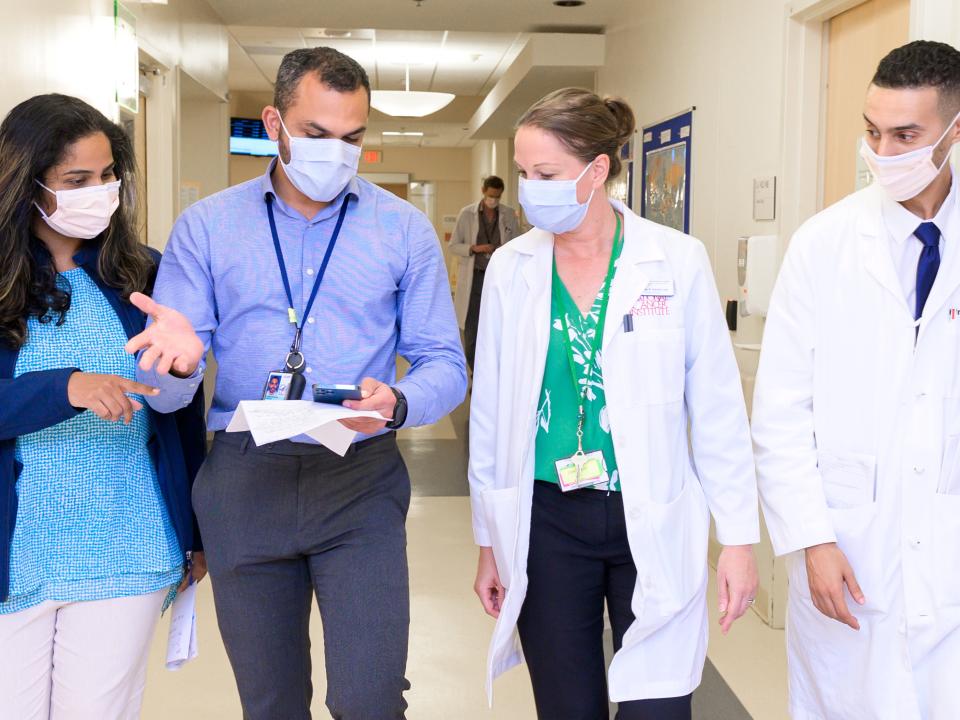
Training Curriculum
Our fellows attain a strong clinical grounding in hematology and oncology with comprehensive exposure to clinical, laboratory, and translational research.
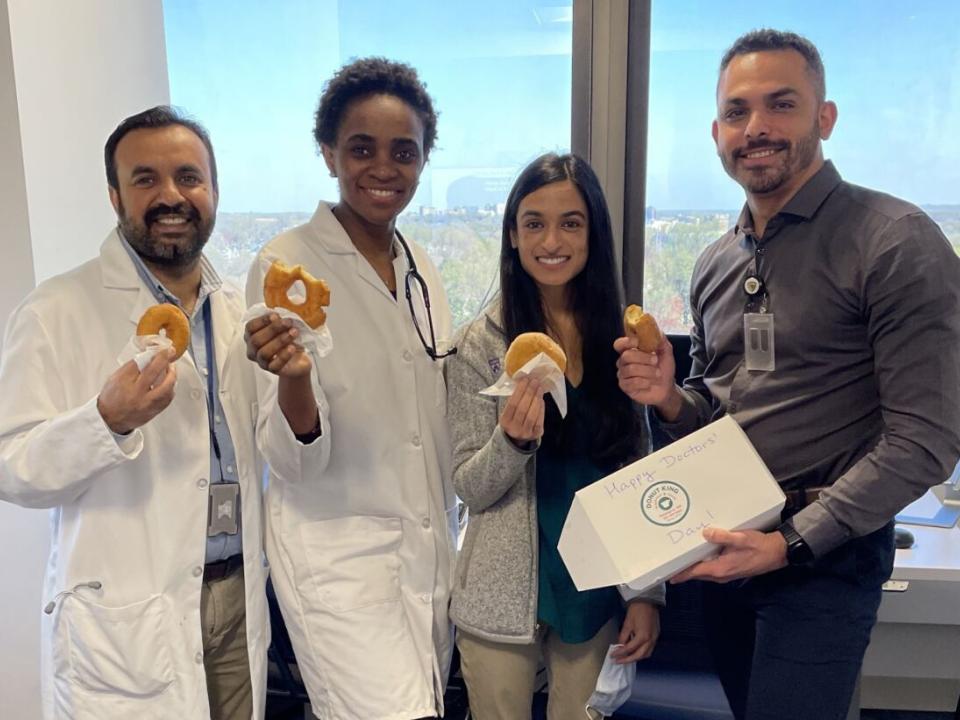
Fellowship Experience
From our idyllic campus setting to the range of opportunities available for fellows, the training we offer is like no other.
Meet Our People
Our leadership and faculty include inspiring and award-winning educators and mentors.




